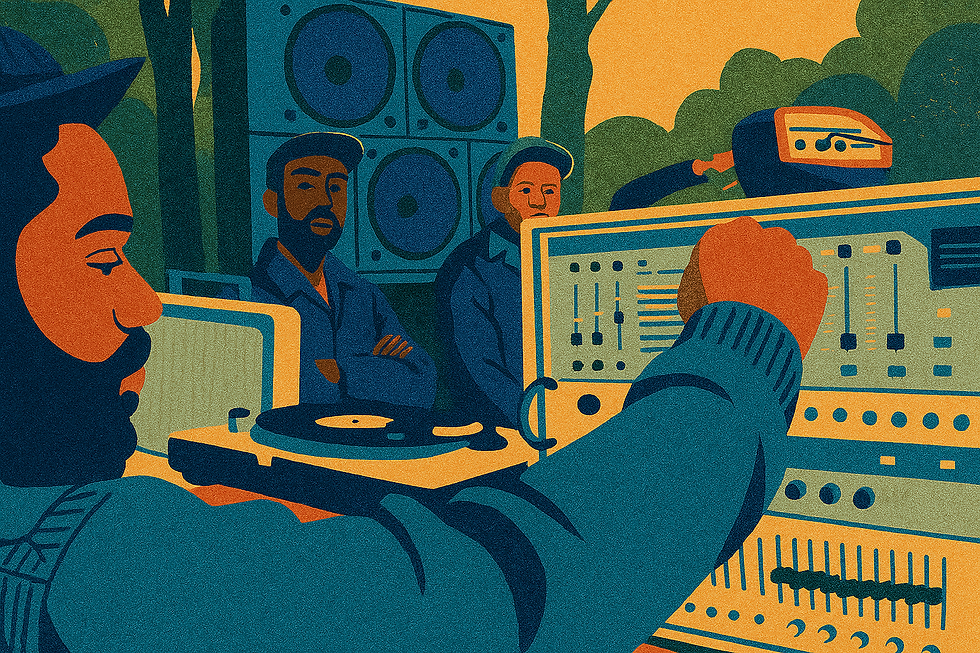The Politics of Braids in the British Workplace
- By Ama Okoye

- Aug 7, 2025
- 1 min read
Updated: Aug 14, 2025

When I was 11, my mum braided my hair for school picture day. I remember walking into the classroom and feeling taller. Brighter. Until someone called them “holiday hair” — like they didn’t belong in the classroom, only on a beach somewhere far from here.
That memory lingered. Years later, now sitting across from senior managers in a corporate office, I’m still aware of what’s growing out of my scalp. Not because I dislike my braids. But because I’ve learned that British professionalism has an unspoken texture — and it isn’t mine.
In British workplaces, Black hair is never just hair. It’s a conversation starter, a distraction, a bold move. It’s political — because the moment it enters the room, it reminds people that something is different.
For many of us, workplace acceptance hinges on our ability to adapt: straighten it, tie it back, “tidy it up.” But who decides what tidy means? What professional looks like? The answer, more often than not, reflects a history that never imagined us here in the first place.
Yet here we are.
The politics of Black hair in Britain reveals a deeper truth about belonging. Patriotism isn’t about allegiance to an empire — it’s about laying claim to the future. And we do that every time we show up as ourselves. With our knowledge. With our accents. With our braids.
Because when we reshape the workplace to include our texture, our culture, our truths — we’re not just asking to belong. We’re helping build something new.












Comments